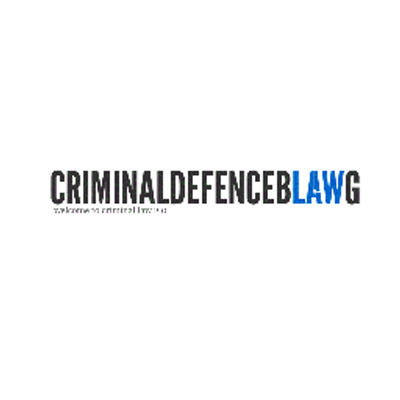(Guest post) To coincide with police forces across the country launching their annual drink and drug driving enforcement campaigns, road safety charity Brake has called on drivers everywhere to help save lives by committing to take ‘not a drop, not a drag’ before driving.
“Risking lives by drinking alcohol or taking drugs and driving – even a small amount – is appallingly selfish, reckless and idiotic,” said Ellen Booth, Brake’s senior campaigns officer.
Contact CBC’s injury claims lawyers in Glasgow, Scotland for advice (see http://www.cbcsolicitors.co.uk/Accident-Personal-Injury-Claims/no-win-no-fee.html ) on road traffic accidents or any other related issues.
Facts about drink driving
According to Brake, in 2011 one in seven road deaths in Great Britain involved drink drivers over the current 80mg limit.
Brake’s figures also show that:
- 280 deaths and 1,290 serious injuries occurred when someone was over the drink drive limit.
- Many more drink drive crashes are caused by drivers who only have small amounts of alcohol in their blood.
- A further estimated 65 road deaths per year are caused by drivers who are under the drink drive limit, but who have a significant amount of alcohol in their blood over 50mg.
Increased reaction times
Research shows even very small amounts of alcohol, well under the current UK limit, significantly increase reaction times and therefore the risk of crashing. With a level of 20-50mg of alcohol per 100ml blood, drivers have at least a three times greater risk of dying in a crash than those with no alcohol in their blood. This increases to at least six times with an alcohol level of 50-80mg, and eleven times with 80-100mg.
Calls to government
Brake has called for a zero tolerance limit of 20mg alcohol per 100ml of breath, to send a clear message to drivers that it should be none for the road. This limit allows for naturally occurring alcohol in the body, and is a limit set by numerous other countries including Sweden, Poland and Greece. The EU recommends a limit of no more than 50mg, and within Europe, only Malta shares the UK’s limit of 80mg alcohol.
Governments in Scotland and Northern Ireland have already announced their intentions to reduce drink drive limits to 50mg alcohol per 100ml blood. In Northern Ireland, newly qualified drivers and commercial drivers will have a zero tolerance limit of 20mg.
Zero tolerance
Brake believes a zero tolerance limit is necessary because evidence is clear that even very small amounts of alcohol, fewer than 50mg, substantially increase crash risk. Surveys also show the public are confused about what is safe and legal in relation to drink driving, with many believing that one or two drinks is safe. Brake believes a zero tolerance limit would help to eliminate confusion.
Brake has also called on the Government to give greater priority to traffic policing, to help ensure there are greater numbers of police enforcing drink and drug driving laws.
For specialist legal advice regarding accident claims as a result of a drink driving incident or for road traffic accidents in general, contact CBC Solicitors, lawyers in Glasgow and Rutherglen, advising clients across Central Scotland and beyond.
No related posts.


